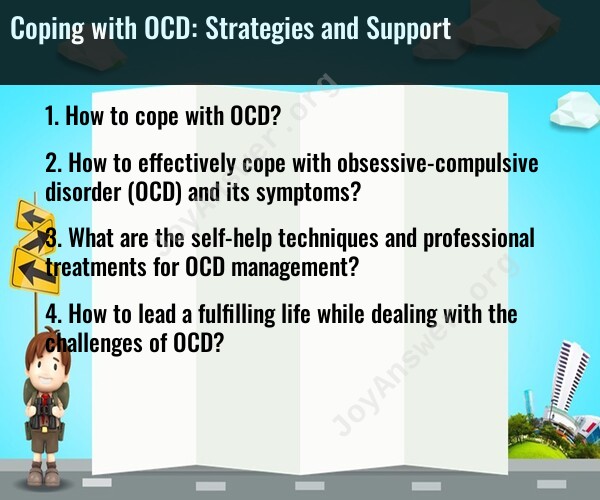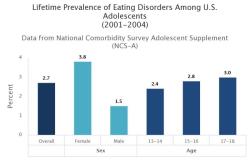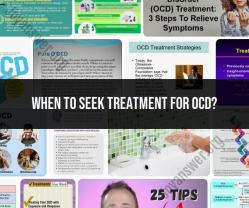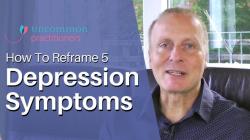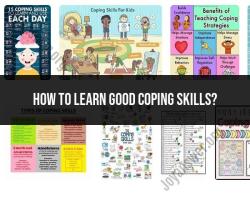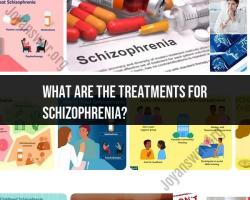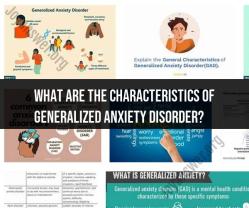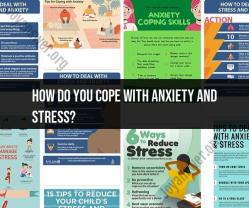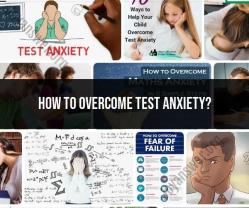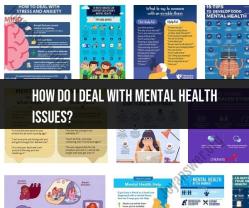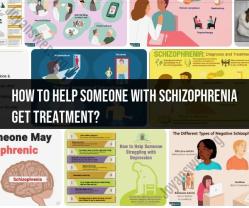How to cope with OCD?
Coping with Obsessive-Compulsive Disorder (OCD) can be challenging, but there are effective strategies and support systems that can help individuals manage their symptoms and improve their quality of life. Here are some essential steps to cope with OCD:
Educate Yourself:
- Learn about OCD to better understand the disorder, its symptoms, and its underlying mechanisms. Education can help reduce the stigma associated with OCD and empower you to seek appropriate treatment.
Seek Professional Help:
- Consult with a mental health professional, such as a therapist or psychiatrist, who specializes in the treatment of OCD. Evidence-based therapies, such as Cognitive-Behavioral Therapy (CBT) and Exposure and Response Prevention (ERP), are highly effective in treating OCD.
Medication:
- In some cases, medication may be prescribed by a psychiatrist to help manage the symptoms of OCD. Common medications for OCD include selective serotonin reuptake inhibitors (SSRIs) and other antidepressants.
Follow Treatment Recommendations:
- Attend therapy sessions regularly and adhere to the treatment plan recommended by your mental health professional. Consistency is crucial for symptom management.
Practice Exposure and Response Prevention (ERP):
- ERP is a cornerstone of OCD treatment. It involves gradually exposing yourself to anxiety-provoking situations or thoughts (exposures) while refraining from engaging in compulsive behaviors (response prevention). Over time, this helps reduce the intensity of obsessions and compulsions.
Challenge Cognitive Distortions:
- Work with a therapist to identify and challenge irrational or distorted thoughts associated with your obsessions. CBT techniques can help you reframe these thoughts in a more rational and less distressing way.
Build a Support System:
- Share your experiences with trusted friends and family members who can provide emotional support and understanding. Joining a support group for individuals with OCD can also be valuable.
Stress Management:
- Practice stress-reduction techniques such as mindfulness, meditation, deep breathing exercises, or yoga. Reducing stress can help alleviate OCD symptoms.
Set Realistic Goals:
- Break tasks into smaller, manageable steps and set achievable goals. OCD can make everyday activities seem overwhelming, so setting realistic goals can help you regain a sense of control.
Establish Routine:
- Creating a structured daily routine can help reduce anxiety and provide a sense of predictability and order.
Maintain Good Physical Health:
- Regular exercise, a balanced diet, and sufficient sleep contribute to overall well-being and can support your ability to manage OCD.
Medication Management:
- If you are prescribed medication, take it as directed by your psychiatrist and communicate any concerns or side effects with your healthcare provider.
Avoid Self-Medication:
- Avoid using drugs or alcohol as a way to cope with OCD, as they can exacerbate symptoms and lead to additional problems.
Remember that recovery from OCD can be a gradual process, and it may require ongoing management. Be patient with yourself, and seek support from mental health professionals and support networks. With the right treatment and coping strategies, many individuals with OCD can lead fulfilling lives.
How to effectively cope with obsessive-compulsive disorder (OCD) and its symptoms?
There are a number of things that people with OCD can do to cope with their symptoms and lead fulfilling lives. Some self-help techniques that may be helpful include:
- Education: Learning about OCD and its symptoms can help people to better understand their disorder and develop effective coping mechanisms.
- Cognitive behavioral therapy (CBT): CBT is a type of therapy that can help people to identify and change the negative thoughts and behaviors that contribute to OCD.
- Exposure and response prevention (ERP): ERP is a type of CBT that involves gradually exposing people to the things that they fear and preventing them from engaging in their compulsions.
- Mindfulness: Mindfulness is a practice that involves paying attention to the present moment without judgment. Mindfulness can help people to become more aware of their thoughts and feelings, and to develop more control over their reactions.
- Support groups: Support groups can provide people with OCD with a safe and supportive environment to share their experiences and learn from others.
What are the self-help techniques and professional treatments for OCD management?
In addition to the self-help techniques listed above, there are also a number of professional treatments that can be helpful for managing OCD. Some common professional treatments for OCD include:
- Medication: Medication can be used to reduce the severity of OCD symptoms. Common medications used to treat OCD include antidepressants and anti-anxiety medications.
- Therapy: Therapy can help people to identify and change the negative thoughts and behaviors that contribute to OCD. Common therapies used to treat OCD include CBT and ERP.
How to lead a fulfilling life while dealing with the challenges of OCD?
While OCD can be a challenging disorder, there are a number of things that people with OCD can do to live fulfilling lives. Some tips include:
- Set realistic goals: Don't try to do too much too soon. Start by setting small, achievable goals and gradually work your way up to larger goals.
- Focus on your strengths: Everyone has strengths and weaknesses. Focus on your strengths and use them to build a fulfilling life.
- Don't be afraid to ask for help: There are many people who can help you to manage your OCD and live a fulfilling life. Don't be afraid to ask for help from your family, friends, therapist, or doctor.
Here are some additional tips for coping with OCD:
- Identify your triggers: What are the things that make your OCD symptoms worse? Once you know what your triggers are, you can start to develop strategies for avoiding them or coping with them in a healthy way.
- Develop a relapse prevention plan: If you have a relapse, don't be discouraged. Everyone has setbacks from time to time. The important thing is to have a plan in place for how you will get back on track.
- Be patient: It takes time to recover from OCD. Don't expect to see results overnight. Be patient with yourself and celebrate your successes along the way.
Remember, you are not alone. OCD is a common disorder, and there are many people who understand what you are going through. With the right support and treatment, you can live a fulfilling life despite your OCD.
